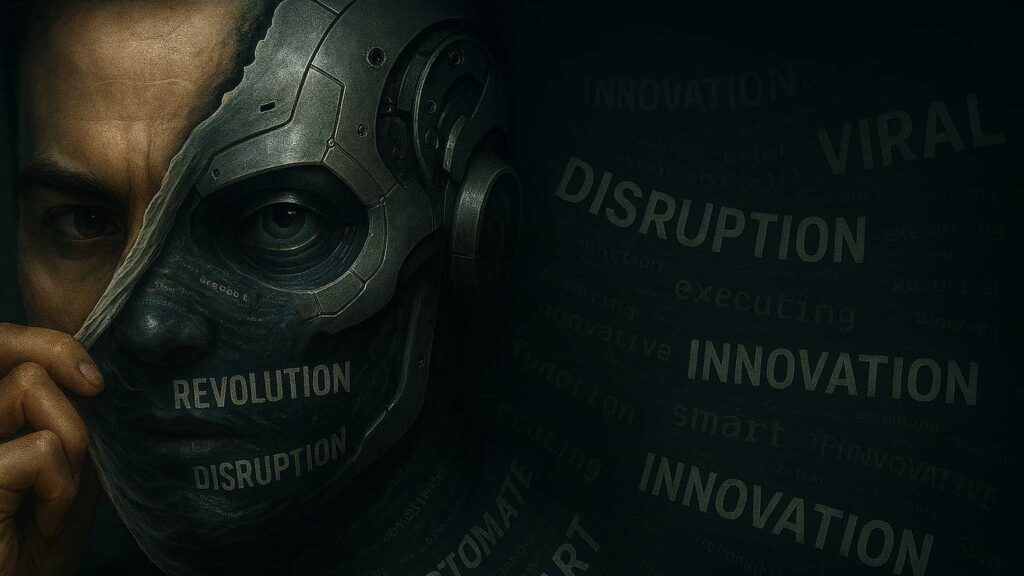
The Illusion of Intelligence: Why AI Isn’t as Smart as You Think
They call it artificial intelligence. But lately, it feels more like artificial confidence.
In boardrooms and bedrooms, classrooms and courtrooms, AI is being celebrated as humanity’s latest savior — the omniscient oracle, the productivity messiah, the creativity machine. But peel back the hype, and something unsettling emerges: what if our AI revolution is built more on illusion than intelligence?
Intelligence or Prediction?
Let’s get one thing straight: AI isn’t “thinking.” It’s predicting.
Most of what we label as AI today — whether it’s ChatGPT, Midjourney, or voice assistants — isn’t “intelligent” in the human sense. These tools don’t reason, feel, understand, or even truly learn. They are machines of pattern recognition, statistically modeling the next likely word, image, or output based on massive training data.
Call it what it is: glorified autocomplete.
And yet, we’re outsourcing decisions, emotions, and even judgment to systems that have no skin in the game, no soul, and no sense of ethics beyond what we manually encode.
Entrepreneurs Are Hooked. But Are They Being Played?
From one-click video creation to automated customer service, AI promises effortless scale. Entrepreneurs are among the earliest adopters, and understandably so. Why hire 10 assistants when GPT-4o can summarize, script, and sell before your morning coffee cools?
But here’s the catch: over-reliance leads to creative atrophy.
When AI becomes your co-founder, what happens to your edge? Your originality? Your why?
As Alain de Botton warns in The News: A User’s Manual, we tend to idolize efficiency while undervaluing depth. This is exactly how tech seduces us: with the promise of “more” — faster, cheaper, easier — while quietly dulling our critical thinking.
Gen Z: Digital Natives or Digital Dependents?
Gen Z was raised on TikTok algorithms, AI-generated Spotify playlists, and Snapchat filters. They are fluent in the digital dialect — but fluency doesn’t equal mastery.
AI is teaching this generation that speed matters more than substance. That viral > valuable. That optimization is everything.
But if AI is doing the writing, the drawing, the coding, and even the flirting… what’s left to master?
When tools replace skill, the human becomes the product.
The Hidden Cost: Trust, Truth, and the Tech Messiah Complex
Journalism professor Bill Kovach once said the journalist’s first obligation is to truth. But in today’s media landscape, truth is algorithmic — engineered for clicks, not clarity.
We now consume AI-written news, AI-curated feeds, and AI-generated influencers. We risk surrendering our most powerful freedom: the ability to question who is behind the information we trust.
And with tech giants racing to release “smarter” models, who’s holding them accountable for accuracy, bias, or manipulation? Spoiler: almost no one.
So What Now?
AI is not the enemy. But our blind adoration of it might be.
We don’t need to unplug — we need to replug into reality.
Use AI as a lens, not a leash. As a tool, not a truth.
Because intelligence isn’t about perfect answers.
It’s about asking the right questions — and knowing when the answer is too good to be true.
